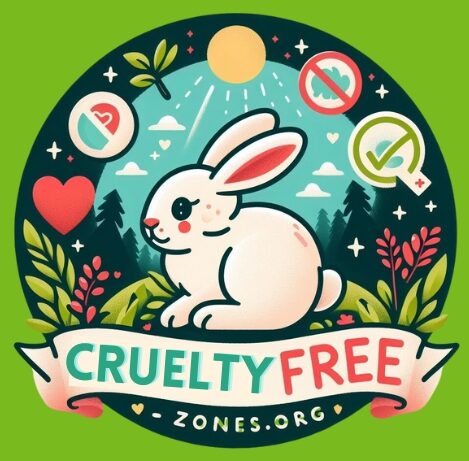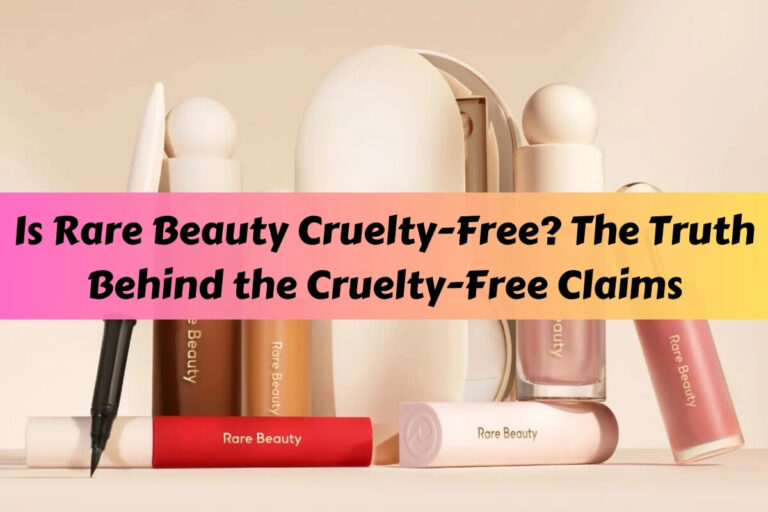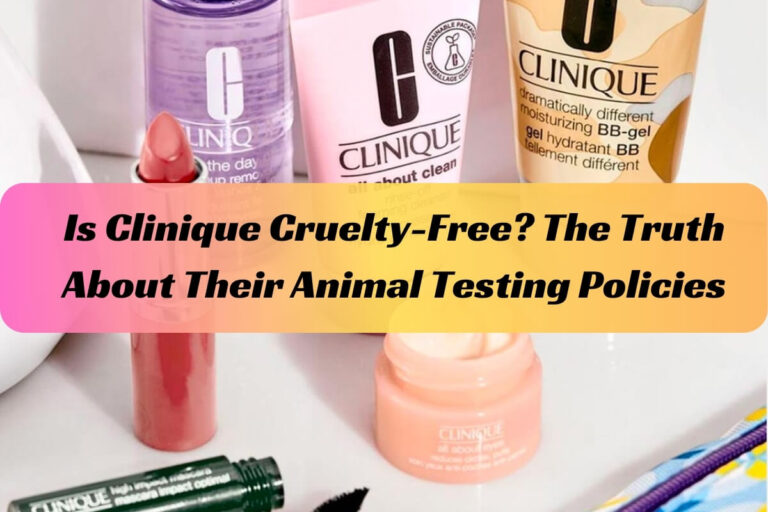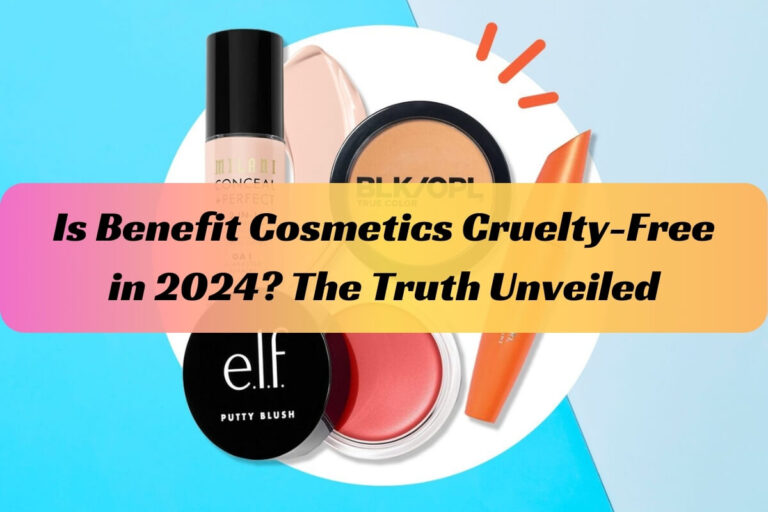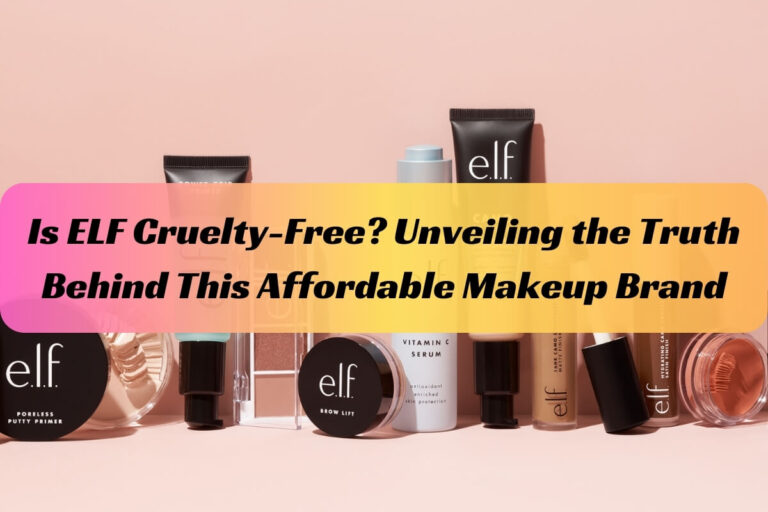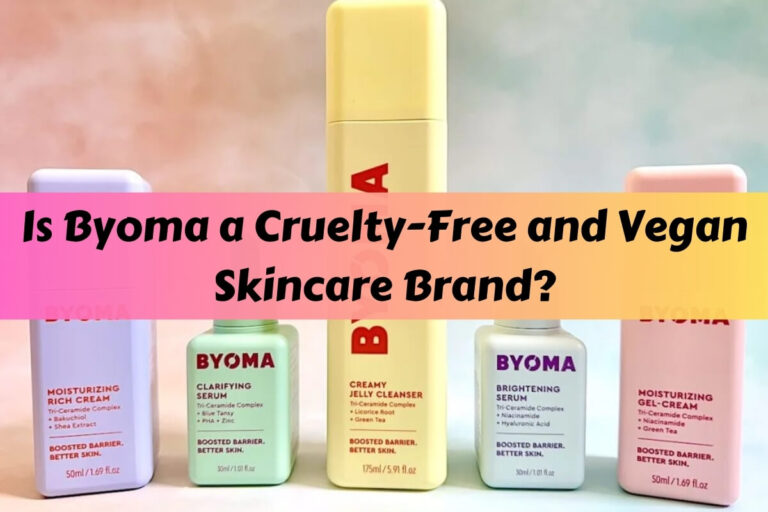Is Nivea Cruelty-Free? A Comprehensive Guide
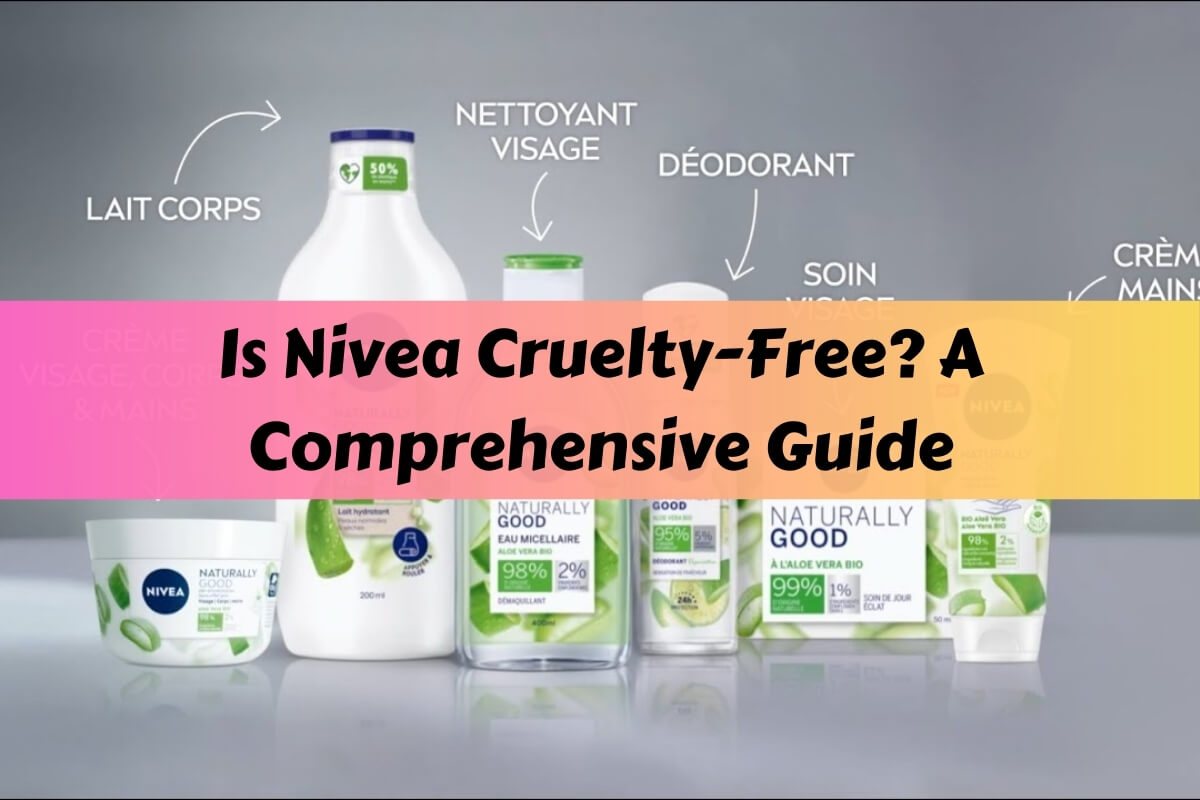
In recent years, there has been a growing awareness and concern among consumers regarding animal welfare and ethical practices in the cosmetics and personal care industry. As more people seek to make informed choices that align with their values, the question of whether popular brands like Nivea are cruelty-free has become increasingly relevant.
Is Nivea cruelty-free? The short answer is no, Nivea is not considered a cruelty-free brand. While they claim not to conduct animal testing themselves, several factors compromise their cruelty-free status.
In this comprehensive guide, we will explore Nivea’s animal testing policies, their relationship with their parent company, their stance on selling in mainland China, their vegan product offerings, and the importance of cruelty-free certifications. We will also address common questions and provide recommendations for cruelty-free alternatives to Nivea products.
What Does “Cruelty-Free” Mean?
Before delving into Nivea’s specific practices, it’s essential to understand the meaning of “cruelty-free” in the context of cosmetics and personal care products. A brand is considered cruelty-free when it does not test its products or ingredients on animals at any stage of development or production. This includes not only avoiding direct animal testing but also ensuring that suppliers and third parties do not conduct animal testing on their behalf.
Furthermore, to be truly cruelty-free, a brand should also refrain from using animal-derived ingredients in their products. This encompasses ingredients like lanolin, beeswax, collagen, and carmine, which are obtained from animals. However, it’s important to note that being cruelty-free and being vegan are not synonymous – a product can be cruelty-free but still contain non-animal-derived ingredients that are not considered vegan.
Nivea’s Animal Testing Policy
Nivea’s official stance on animal testing is somewhat ambiguous. On their website, they state that they “do not carry out any animal tests on cosmetic products or their ingredients or instruct them – unless this is mandatory by law.” This statement implies that while Nivea may not directly conduct animal testing themselves, they are willing to comply with legal requirements for animal testing in certain regions or countries.
Nivea’s policy lacks clarity on suppliers or third-party animal testing, causing concern among consumers seeking assurance of animal test-free personal care products.
Nivea’s Parent Company and Animal Testing
Nivea is owned by Beiersdorf, a German multinational corporation that also owns brands like Eucerin, Labello, and Aquaphor. Beiersdorf’s animal testing policy states that they may conduct animal testing when required by law, which contradicts the principles of a truly cruelty-free brand.
While Nivea itself may not directly engage in animal testing, their association with a parent company that does not have a strict no-animal-testing policy raises questions about the ethical practices throughout its supply chain and product development processes.
Does Nivea Sell in Mainland China?
One of the most significant factors that impact a brand’s cruelty-free status is whether it sells its products in mainland China. In China, animal testing is mandatory for most cosmetic products imported into the country, as required by law. This means that even if a brand does not directly conduct animal testing, their products may be subjected to animal testing by Chinese authorities before being approved for sale.
Research indicates that Nivea products are indeed available for purchase in mainland China, both online and in physical stores. This availability in a market where animal testing is legally required effectively disqualifies Nivea from being considered a cruelty-free brand, regardless of their internal policies or claims.
Cruelty-Free Certifications and Nivea
Third-party cruelty-free certifications, such as those provided by organizations like Leaping Bunny and PETA, serve as independent verification that a brand adheres to strict standards of not engaging in animal testing. These certifications are highly valued by conscientious consumers as they provide reassurance and credibility to a brand’s cruelty-free claims.
Nivea lacks cruelty-free certifications from recognized organizations, and without third-party verification, their cruelty-free claims can’t be substantiated.
Nivea’s Vegan Product Range
While Nivea may not be considered a cruelty-free brand, they do offer some vegan product options that are free from animal-derived ingredients. It’s important to note, however, that being vegan does not necessarily equate to being cruelty-free. A product can be vegan but still be tested on animals, either directly or through suppliers or third parties.
For consumers seeking products that align with both vegan and cruelty-free principles, Nivea’s vegan offerings may not be a suitable choice due to the brand’s overall practices and lack of transparency regarding animal testing.
Common Questions About Nivea’s Cruelty-Free Status
Does Nivea test on animals?
Based on their official policy, Nivea does not directly conduct animal testing on their products or ingredients. However, they may allow animal testing when required by law, which compromises their cruelty-free status.
Is Nivea owned by a company that tests on animals?
Yes, Nivea is owned by Beiersdorf, a parent company that engages in animal testing when required by law in certain markets.
Are Nivea products tested on animals by suppliers or third parties?
Nivea’s policy does not provide clear information on whether their suppliers or third-party entities conduct animal testing on their behalf.
Can vegans use Nivea products?
While Nivea offers some vegan product options, their overall practices and association with animal testing make them a less desirable choice for vegans who prioritize cruelty-free and ethical practices.
How can consumers identify truly cruelty-free brands?
Consumers can look for brands that hold reputable cruelty-free certifications from organizations like Leaping Bunny and PETA. Additionally, thoroughly researching a brand’s animal testing policies, ingredient sources, and supply chain practices can help identify truly cruelty-free options.
Cruelty-Free Alternatives to Nivea
For consumers seeking cruelty-free and ethical alternatives to Nivea products, several reputable brands prioritize animal welfare and transparency in their practices. Some popular options include:
- Derma E: A cruelty-free and vegan skincare brand that utilizes plant-based ingredients and is certified by Leaping Bunny.
- Pacifica Beauty: A 100% vegan and cruelty-free brand that has been committed to ethical beauty practices for over two decades.
- Herbivore Botanicals: A cruelty-free and vegan brand known for its natural, high-quality skincare products, certified by both Leaping Bunny and PETA.
- Acure: A cruelty-free and vegan skincare line that uses sustainable and ethically sourced ingredients, with products that are free from harsh chemicals.
- The Body Shop: A well-known brand that has been cruelty-free since its inception and offers a wide range of skincare, haircare, and makeup products.
These brands not only prioritize ethical and cruelty-free practices but also offer high-quality, effective products that cater to various skincare needs and preferences.
In conclusion,
While Nivea may be a popular and widely available brand, their stance on animal testing and lack of transparency regarding their practices raise concerns for conscientious consumers seeking truly cruelty-free and ethical options. By educating ourselves and supporting brands that prioritize animal welfare, we can collectively contribute to a more compassionate and sustainable beauty industry.
